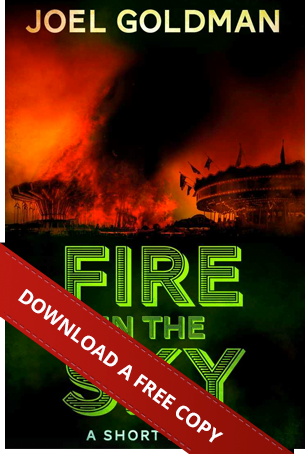The other day, a headline caught my eye as I browsed through some news stories online. Jeremy Olshan wrote, Want to get rich? Read fiction. As a fiction author, how could I not take a moment to see what this was all about? The article listed five financial lessons from great novelists like Dickens, Tolstoy, Eliot, and others. Olshan quotes Shakespeare’s Hamlet where the Bard wrote, “Neither borrower nor a lender be,” and mentions the message in Dickens’ David Copperfield about living within one’s means. In this loved Dickens novel, Mr. Micawber, while in debtors’ prison, quips, “Annual income twenty pounds, annual expenditure nineteen nineteen six, result happiness. Annual income twenty pounds, annual expenditure twenty pounds ought and six, result misery.”
Throughout this very interesting, thought provoking article, Olshan offers numerous examples of financial lessons tucked away in these timeless stories. He implores us to “read Defoe to understand money” and “read Trollope and Dickens to spot the next Bernie Madoff” and tells us that reading Dickens can also teach you the difference between saving and hoarding.
With all the financial misery and crises that keep cropping up here in the US and abroad, it seems as if we’ve lost some of the financial wisdom that earlier generations knew. Of course, financial misery has always been around, but today a lot of it seems borne out of complete and utter ignorance about money and handling financial affairs. Why is that? Could it be that we’ve largely abandoned reading fiction and chosen to spend our time surfing the web, or reading the next big self-help book that promises to cure us of all our woes?
Fiction and Financial Literacy
Studies show that a majority of young Americans have poor financial literacy. Our young people hold an average of $45,000 in debt on things like credit cards, school loans, cars, and mortgages. This increasingly disturbing trend shows no signs of letting up. Now, I don’t want to make light of the money problems of twentysomethings, or come off as some kind of Pollyanna when I say that perhaps they need to read more fiction to gain some perspective about money – perspective that they’re obviously missing. This problem is much more complex than that, but after reading Olshan’s article and seeing the clever financial lessons woven into the novels he cited, I think reading fiction might be a great place to start and it’s something anyone can do and do for free by visiting a local library.
Why not, as Olshan says, read Eliot and Flaubert before getting caught in the quagmire of credit card use? Or check out some Tolstoy before buying that brand new car and saddling yourself with debt on an asset that depreciates faster than a hummingbird can flap its little wings? Credit card abuse, especially by the young and uninformed, can prove very dangerous to personal wealth. And heading to that car dealership without some financial perspective and wisdom…well, that’s just plain financially illiterate!
Most of us have made financial blunders a time or two (or more) and, certainly, some have probably made mistakes that rank in the “significantly devastating” area. Take a little time to read some fiction and take note of the problems money, or lack thereof, can cause in the lives of the characters. In crime fiction, for example, a great number of heinous crimes are committed due to love or money or both. Follow my characters, Lou Mason, Jack Davis, and Alex Stone as they solve crimes and relentlessly hunt the truth on the mean streets of Kansas City. You may glean a thing or two about the power of money from these stories as well.
Why do drug dealers deal? Money. Why do people kill? Often, it’s money. Where do crooked judges get the kink in their moral compasses? Sometimes, it’s the love of money. Fiction has so much to teach us about a number of things in life and proper handling of money is one of them. Will it make you rich to read fiction? Maybe not all by itself, but it sure can plant the seed that gives life to other good ideas and lessons about accumulating and maintaining wealth.
Have you read any fiction books that inspire you about what to do or not to do when it comes to money and attitudes toward it? Share your thoughts with me.











